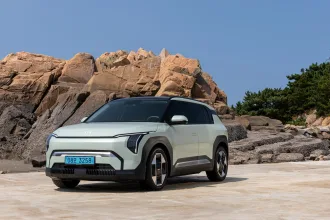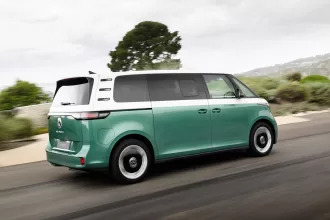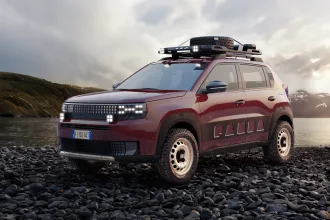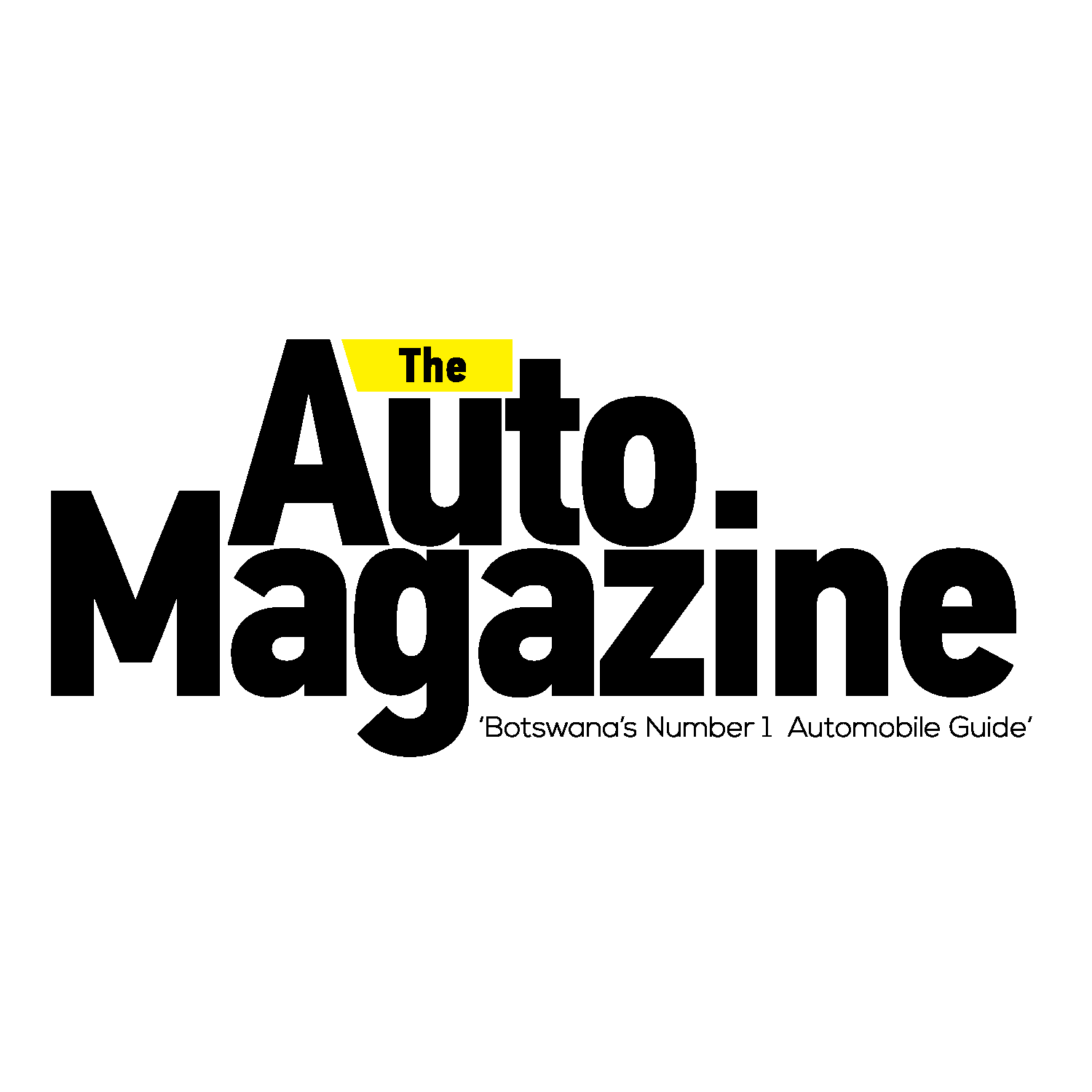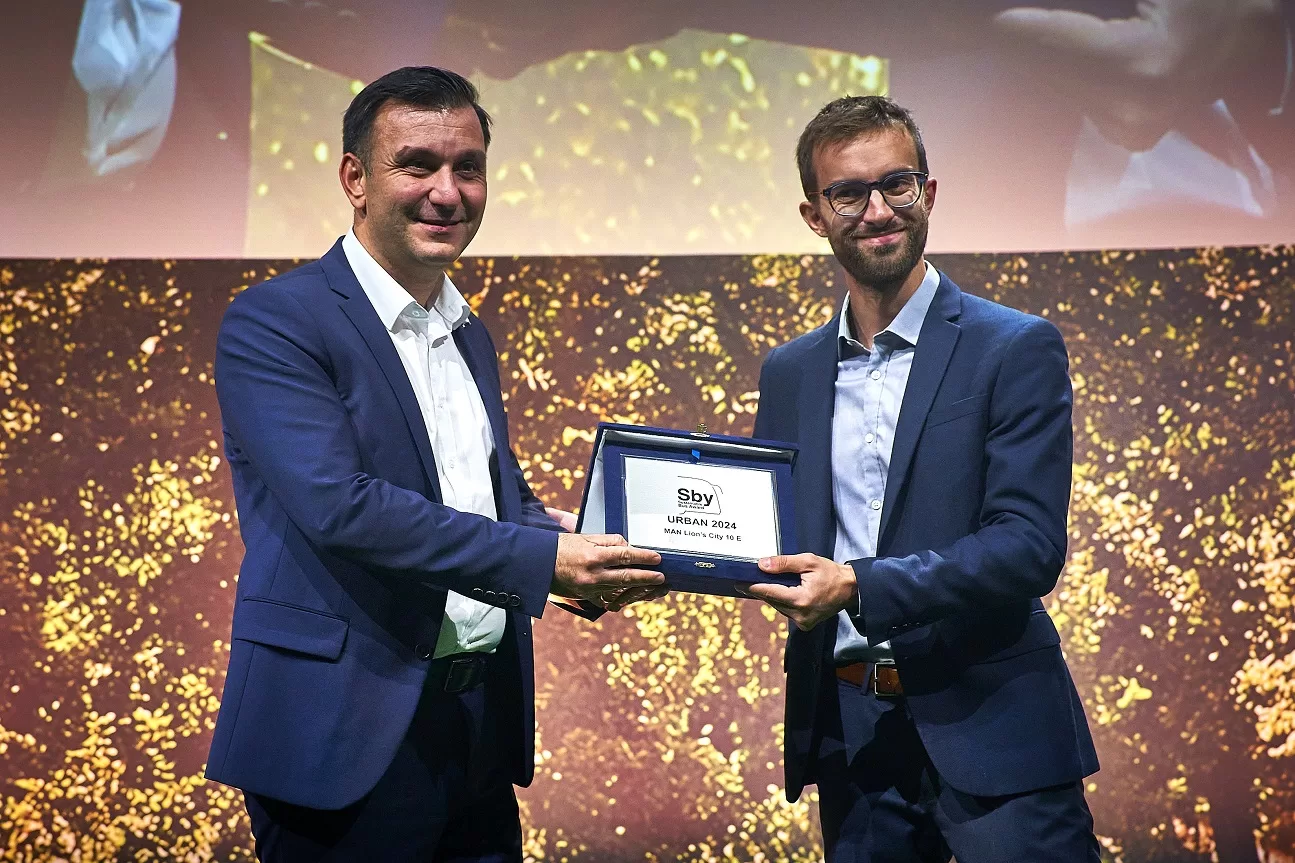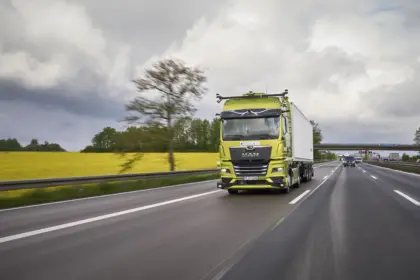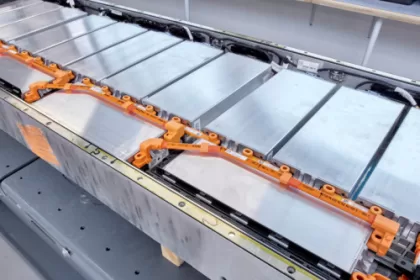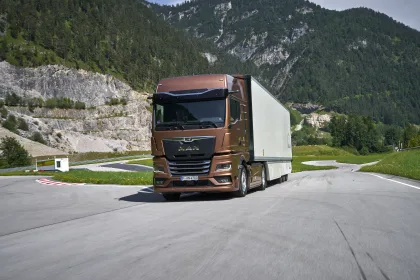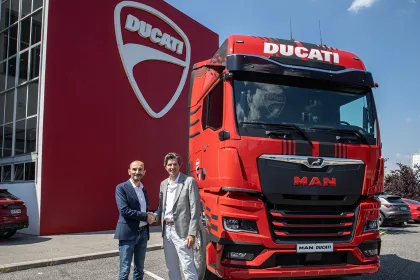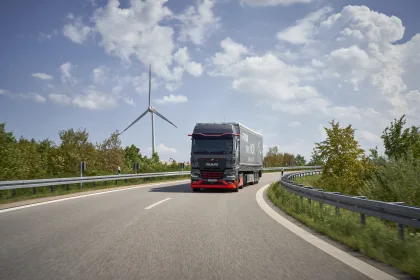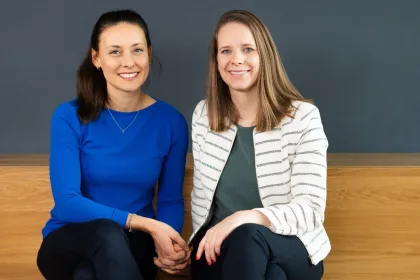- MAN Lion’s City 10 E receives “Sustainable Bus of the Year 2024” award in the “Urban” category
- Award presented at the “Gala Night” on the eve of Busworld in Brussels
- Decisive for jury: very good passenger capacity, compact dimensions, excellent turning circle, perfectly suited for use in narrow inner cities, powerful electric motor and much more
- MAN has been focusing for years on zero-emission vehicles, which are continuously being developed and improved
This was the sixth time the Sby Award has been presented since its inception. And as in previous years, the international jury honored only the most innovative and sustainable buses on the European market. One of the award winners is the MAN Lion’s City 10 E, which won the “Urban” category, leaving its competitors behind. “We are delighted that the MAN Lion’s City 10 E, and thus the youngest model in our MAN electric bus family, has impressed the expert jury and won the Sustainable Bus of the Year 2024 award,” said Barbaros Oktay, Head of Bus at MAN Truck & Bus, who accepted the award on Friday, 6 October at the “BUSWORLD GRAND INAUGURATION 2023”. The “Gala Night” took place at the start of “Busworld Europe” in Brussels. The Sby Award is the first and only European award that recognizes the topic of sustainability specifically for regular-service, intercity and touring buses. “This is precisely why we are particularly proud of the award. After all, it honors our tireless commitment to environmentally friendly solutions and innovative technologies. At the same time, the award shows that the MAN Lion’s City 10 E is excellently received as an economical and sustainable vehicle not only by customers and passengers, but also by experts,” Oktay made clear.
Finally, the award was presented by a trade press jury representing eight European countries. The jury awarded the prize to the MAN Lion’s City 10 E for several reasons: On the one hand, the all-electric city bus covers an important market segment with a very good passenger capacity of up to 80 people. At the same time, its low weight and length of 10.5 meters enable good maneuverability. With its compact dimensions and record-breaking turning circle of 17.2 meters, it is made for use in narrow inner cities and congested urban areas. The Lion’s City 10 E – like all other models in the MAN eBus family – is powered by a powerful central electric motor with a peak output of 240 kW. The in-house development of the motor sets MAN apart in the eBus market, where many competitors rely heavily on third-party components, according to the jury’s statement. According to the jury, this in-house development not only contributes to the bus’s performance, but also underscores MAN’s commitment as a pioneer in the field of electric bus technology. This makes the Lion’s City 10 E particularly attractive for environmentally conscious local transport operators and a more than deserving winner of the “Sustainable Bus Award”.
MAN Lion’s City 10 E impresses at trade fairs and in the Dolomites
The Lion’s City 10 E already impressed visitors at this year’s UITP trade fair in Barcelona. It can now be seen at the MAN stand in Hall 4 at “Busworld Europe” from October 7 to 12. In addition to its sustainability, the compact size of the all-electric city bus, which has been in production at MAN’s Polish city bus plant in Starachowice since the beginning of 2023, will attract particular attention. This is because the midibus version can play to its strengths, particularly in the increasing use of customer-oriented “on-demand” services and as an amplifier at high-frequency times, as well as a maneuverable city center shuttle. After all, the city bus has a similar passenger capacity to many 12-meter solo buses, but requires significantly less traffic space and is much more maneuverable. The fact that the MAN Lion’s City 10 E is also an ideal solution for demanding routes was recently proven by a practical test through alpine terrain in the South Tyrolean Dolomites. On the 531 km tour, the eBus covered more than 10,000 meters in altitude and consumed an average of 0.77 kWh per kilometer. The Lion’s City E achieved these top values in terms of efficiency thanks to innovative technology and a remarkable recuperation rate of over 50 percent.
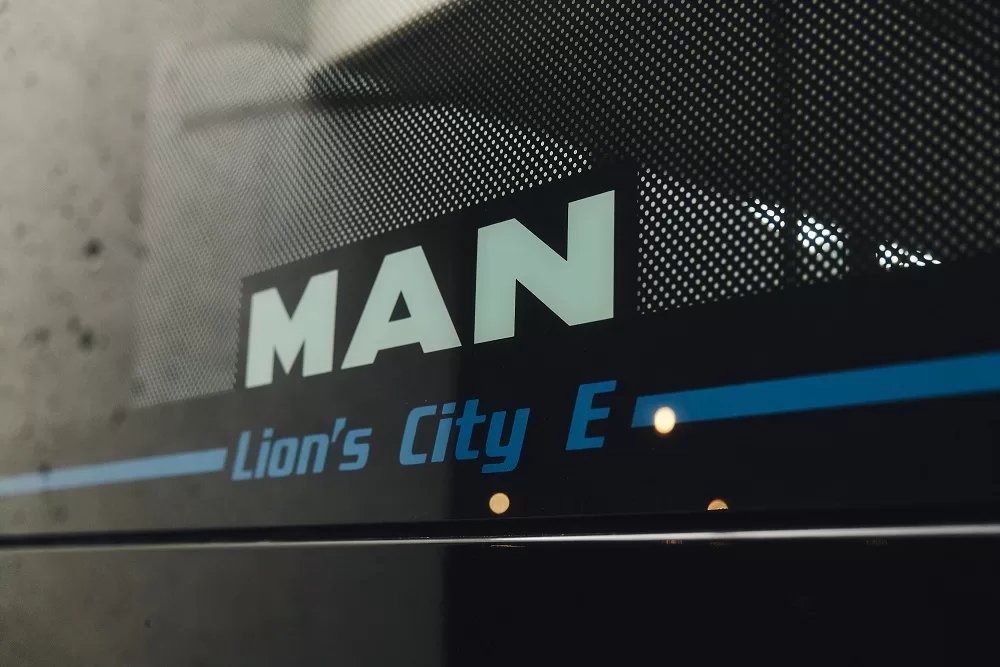
“In public transport in particular, sustainable solutions are more in demand than ever. Together with partners and customers, we are therefore driving sustainable mobility forward and are committed to the goals of the Paris Climate Agreement,” says Barbaros Oktay, adding: “By 2050 at the latest, we want to be greenhouse gas neutral. We are convinced that the future belongs to zero-emission vehicles. That’s why we are resolutely pursuing the path toward sustainable local public transport, relying fully on electric drive – and our MAN Lion’s City E.” But it’s not “just” MAN that is backing the all-electric city bus; more and more transport companies throughout Europe are doing so as well. Recently, the 1,000th eBus rolled off the production line.
CO2 air conditioning system promises greater efficiency and range
It also owes its success to the fact that MAN is continuously working to improve its services and products and is also constantly developing the eBus. “Our focus is always on our customers. Our goal is quite clear: Simplifying customer business through leading sustainable solutions,” Barbaros Oktay makes clear. In optimizing the Lion’s City E, the focus is therefore clearly on increasing safety and comfort for drivers and passengers, as well as the efficiency of the vehicle. For example, the CO2 air conditioning system, which now comes as standard, ensures greater sustainability. After all, the system is more environmentally friendly and at the same time significantly more efficient, which can already provide an additional range of up to 25 km in the current Lion’s City E.
Using and recycling batteries in a resource-conserving way
Battery technology also plays a central role for MAN in terms of sustainability. The focus here is on issues such as safety, long service life, energy content taking into account weight and space, robustness, and costs, as well as subsequent use and recycling. The aim is to extend the life of batteries in the first step and, when that is no longer possible, to recycle the raw materials they contain. The batteries that come back to MAN after their use in the vehicle are analyzed intensively. In the event that the battery packs can no longer be used as a so-called traction battery, they are put to subsequent use: either as a second use in the vehicle after factory repair (2nd Use), as a second battery life (2nd Life). To optimize the recycling rate, MAN relies on a mechanical process followed by hydrometallurgical treatment. “In this way, up to 96 percent of the batteries can be recycled,” says Heinz Kiess, Head of Product Marketing Bus at MAN Truck & Bus.
